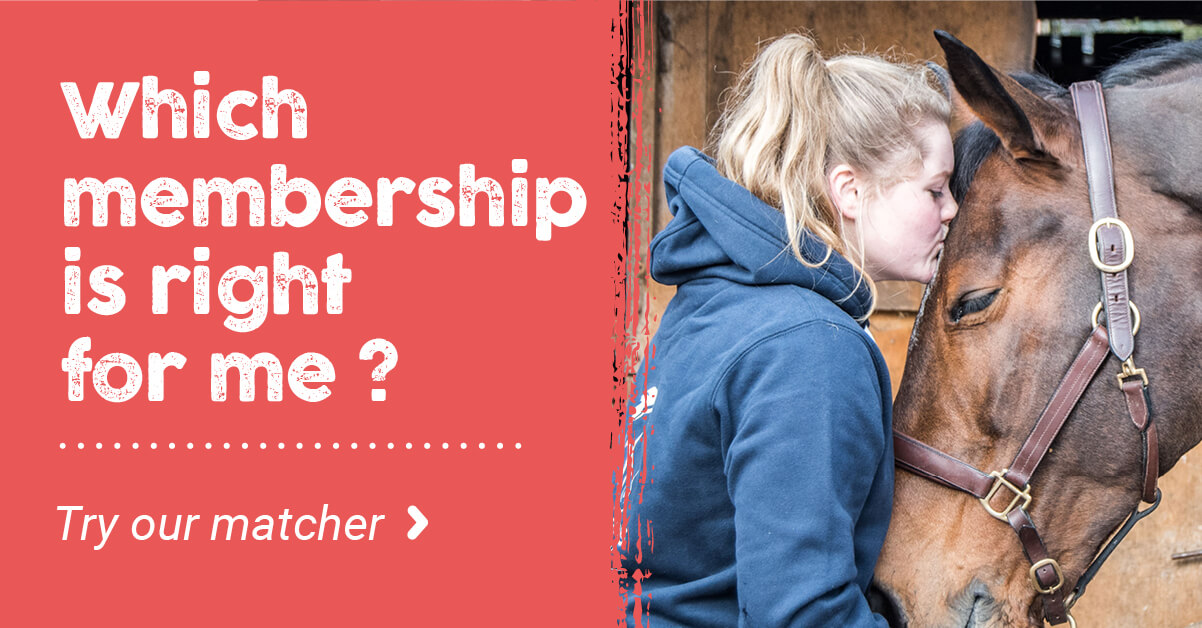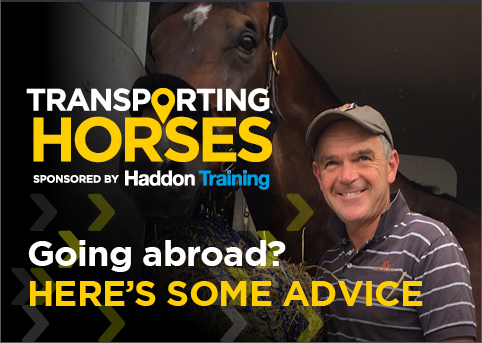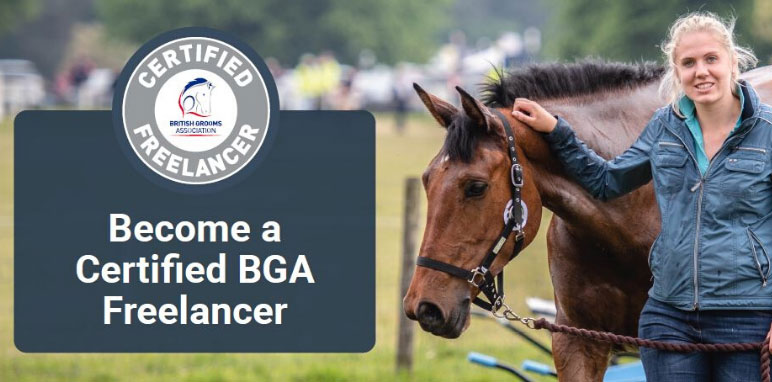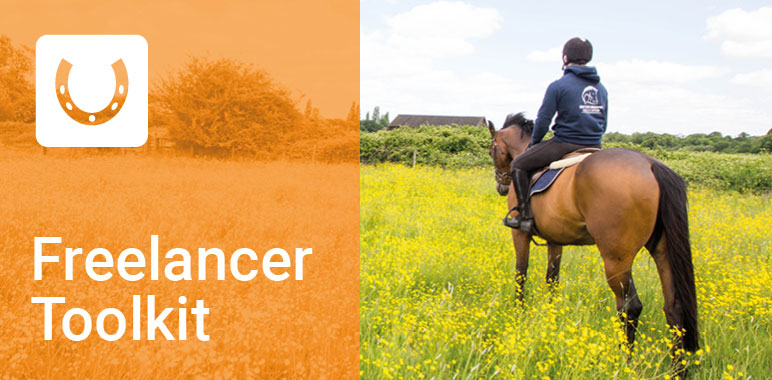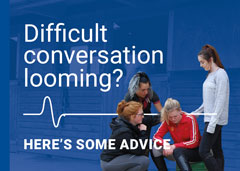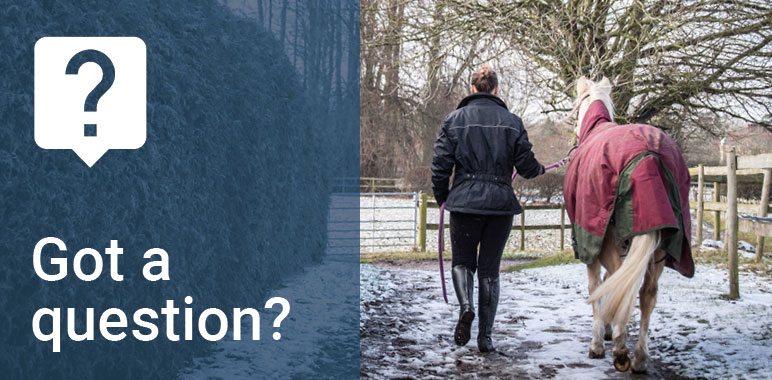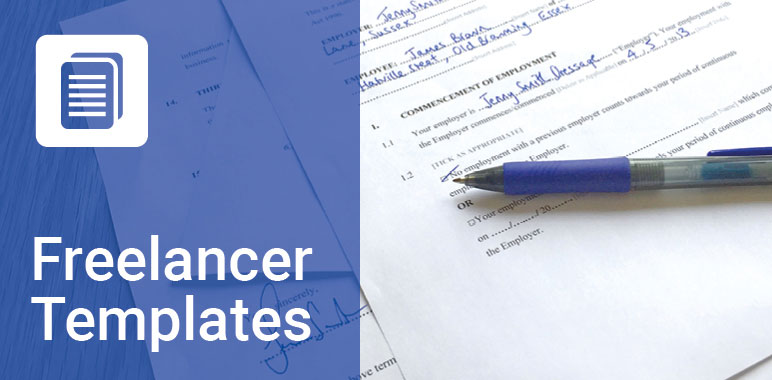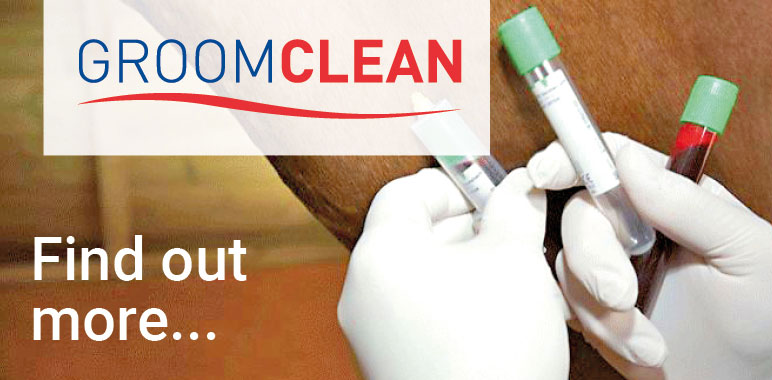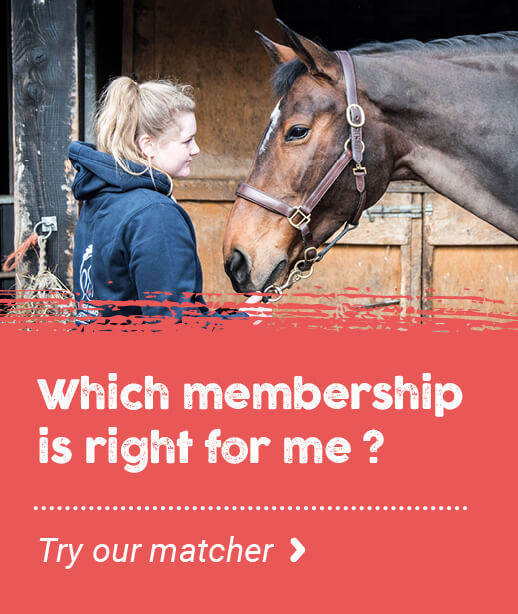- Join Now
- Login
- Member Zone
- Your Career
- Freelancing
- International Grooms Association
- BGA Training
- Healthy Yard Healthy Horses
- Transporting horses
- Brexit
- Safe workplace
- Student Zone
- Member Discounts
- BG Magazine
- Member services
- My employment
- Am I employed correctly
- Grooms Minds
- Safeguarding
- Legal Helpline
- BGA guide to the National Minimum Wage
- Training & Careers
- BGA CV Creator
- Horse groom training
- Where to Train
- BGA E Learning
- Career choices
- Change to Racing
- First Aid training for grooms
- Parents
- Grooms Jobs
- Grooms Life
- About
- News
- Contact

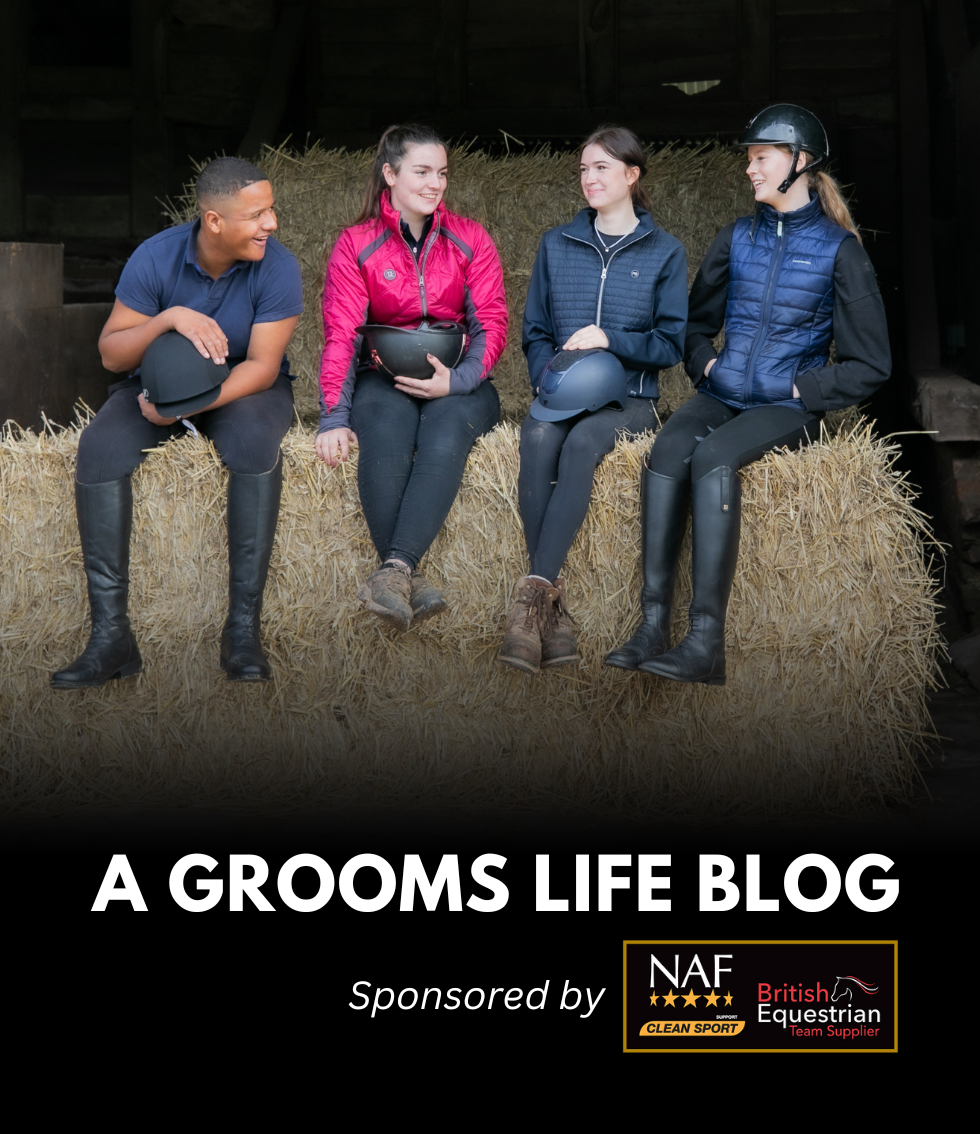
By BGA Ambassador Laura White It's that time of year again when the scruffy fat hunters get pulled in from their three month holidays in the field to start getting fit for hunting. We do our horses in stages to ensure that they all get the time they need. My first group of six horses came in on Monday 2nd July, so their fitness programme is well underway. It is a real team effort and we all work together to ensure that the horses are in the best health possible. I start walking them at 20 minutes and slowly increase it. This gives their backs a chance to get used to having a saddle and rider on again and for the muscles to start getting stronger again. I walk them for five weeks, six days a week, building up to two hours all on the roads. It's important to check the horse’s legs daily keeping an eye out for any changes, signs of any old injuries from last season and also being mindful of sores from the tack. If you do find a sore it probably means something isn't fitting quite right, or if it's a girth sore then put a fluffy girth guard on and put salt water on the sore daily to help harden the skin. At about the three week stage, once they've started to develop muscle, I get the equine physio out to give them all a treatment and loosen any tight muscles that may cause problems later on. I'm now on week six and after all that time sat in the saddle walking it is great to start a bit of trot work, the only down side is the next group of horses are on their first week of walking, so it starts all over again! Find out how Laura is getting on when we catch up with her in a few weeks time. Fitness work considerations and team work
16th August 2018
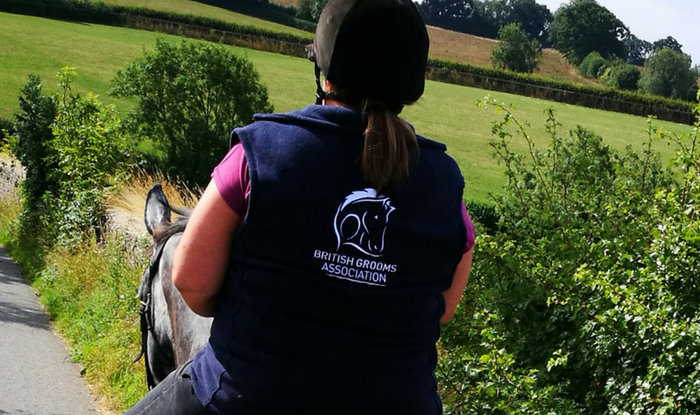
There is a list of things that get done in the first week:
- Farrier - a new set of shoes and a good hoof check
- Vet - yearly flu and tetanus jabs
- Dentist - getting their teeth checked and rasped to make sure the horse is happy in his mouth
- Tidy up - start pulling manes and tails, trimming up and a good bath.
BLOG ARCHIVE
- 2025 (16 ENTRIES)
- 2024 (52 ENTRIES)
- 2023 (60 ENTRIES)
- 2022 (35 ENTRIES)
- 2021 (24 ENTRIES)
- 2020 (19 ENTRIES)
- 2019 (45 ENTRIES)
- 2018 (36 ENTRIES)
- 2017 (7 ENTRIES)
What the personal accident policy covers you for:
- Whilst at work
- All stable duties – mucking out, grooming, washing off, turning out
- Clipping
- Riding – including hacking and jumping
- Hunting
- Lunging
- Breaking in
- Holding horse for a vet and other procedures
- Travelling horses both in the UK and abroad
- Competing in line with your job including: jumping, dressage, eventing
- Injuries that may happen to you whilst you are teaching - but you must also be grooming as part of your duties and not be a sole instructor
What the personal accident policy doesn’t cover you for:
- Riding in a race, point to point or team chase
- Stunt Riding
- Accidents occurring whilst travelling to and from work
- Riding and competing your own horse (but you can upgrade when applying for membership to include this)
- Public Liability – this is a separate insurance policy - the Freelance Groom Liability Insurance
- Care Custody and Control – this is a separate policy - the Freelance Groom Liability Insurance
If you require additional cover then please contact KBIS directly.
| GROOM | RIDER | EMPLOYER | |
|
When you are working for other people you do most of the following; muck out, turn out/catch in, tack up, groom horses, exercise Horses (including hacking, jumping and schooling), in the care of your employer/client. |
|
|
|
| Predominantly ride horses for other people including schooling, exercising and competing. | NO |
YES |
YES |
| Provide grooming services for someone else either full time or on a freelance basis i.e. an employer or a client. | YES |
NO |
NO |
| Employ staff – have an employers liability policy in your name | NO | NO | YES |
| Buy and sell horses | NO | YES | YES |


